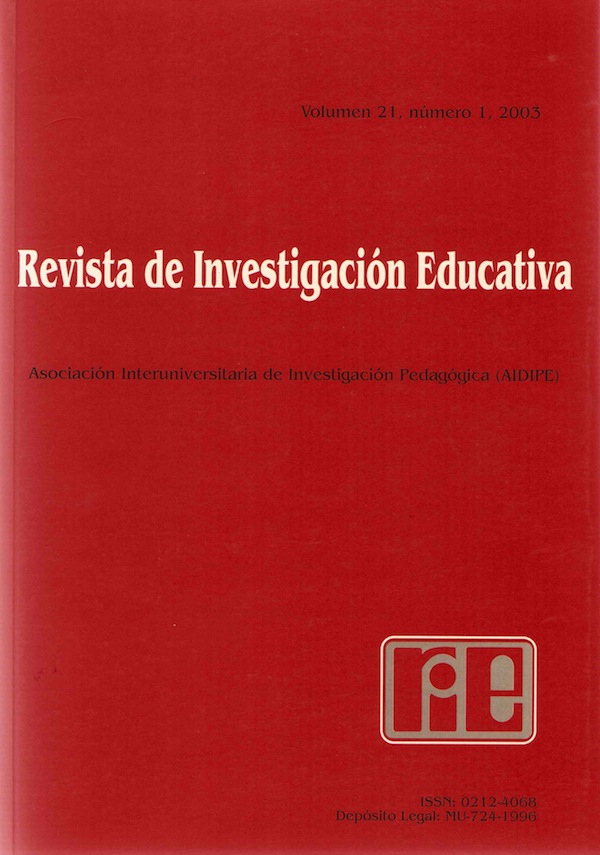Un modelo de evaluación del profesorado universitario
Abstract
The starting of a new evaluation system requires, from our point of view, some reflections on what it is next:1) To determine the teacher’s pattern we want, setting up the desirable conducts so as to, later on, analize in which way the teacher’s conduct pleases what it is referred to the established practice.
2) How can it be achieved to be fitted into the educative practice?
3) Basic criteria that must direct the evaluative process: Fulfilment of duties, ability to convey knowledge efficiently, ability to improve the necessary academic order for learning, ability to establish the adequate relationships and ability to satisfy the students expectations.
4) Which data must be picked up?. Starting from what sort of information?.
5) What kind of indicators?
6) Who must obtain data?.
7) What resorts are needed?
8) How will data be used?
Downloads
-
Abstract2102
-
PDF (Español (España))4780
The articles and scientific documents published in RIE abide the following conditions:
1. The Servicio de Publicaciones de la Universidad de Murcia (the publisher) has the property rights (copyright) of all the documents published and allows the reuse under the user’s license indicated in point 2.
2. All documents are published in the digital edition of RIE under a Creative Commons Reconocimiento-NoComercial-SinObraDerivada 4.0 Internacional. (legal document) license. These documents can be copied, used, distributed, communicated and explained publicly if: i) the author(s) and its original source of publishing (magazine, publisher and URL of the document) are cited; ii) it is not used for commercial purpose; iii) the existence and the specifications about this license are mentioned.
3. Auto-archive’s conditions. The authors are allowed and encouraged to digitally distribute the pre-print versions (a version before evaluation) and/or post-print (a version that it is already evaluated and accepted to its publication). This promotes circulation and distribution earlier and can increase the citations and significance within the academic community.









